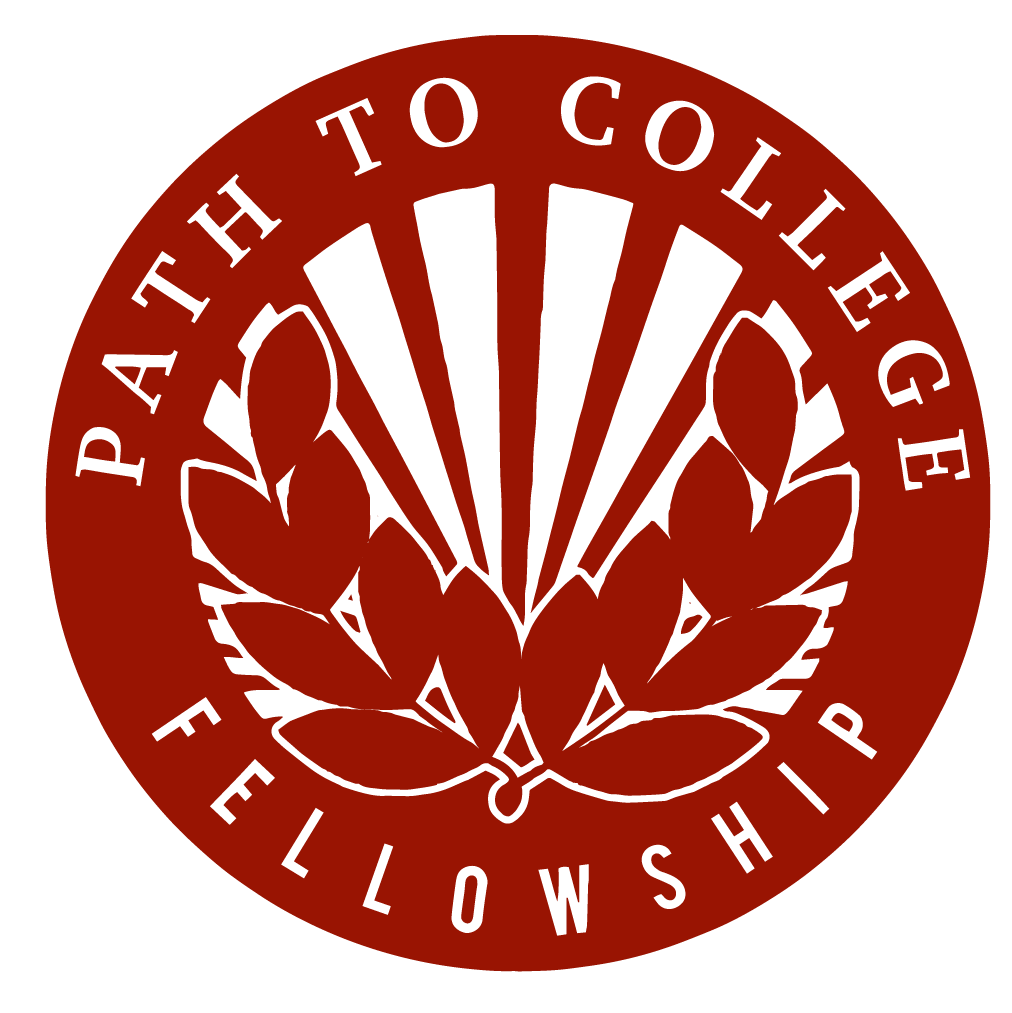“Who Am I Becoming?” Mentorship and the Journey of Identity
Teen growth isn’t just about schedules and study habits—it’s about discovering who they are becoming. Adolescence is a season of identity formation, where young people wrestle with questions of culture, race, gender, faith, and values, and how all of these shape their future.
For Clara, having Deb as a mentor has meant having someone who truly walks alongside her in that journey.
When Clara invited Deb to celebrate her birthday at a Haitian restaurant, Deb eagerly said yes. For Clara, it wasn’t just dinner. It was a moment of pride - the chance to share her culture with her mentor and celebrate with her.
And for Deb, it was a reminder that mentorship is about more than academics: it’s about celebrating who students are becoming.
This is what mentorship at Path to College looks like: not just guidance, but partnership.
💬 How You Can Lean In This Month
Supporting students’ identity development doesn’t require expertise—just presence and practice. Here are a few ways you can “lean in” with your mentee or child this month:
Asking reflective questions: “What parts of your background feel most important to you right now?”
Sharing pieces of your own identity journey (when appropriate) to model openness.
Listening more than you respond—because presence and curiosity are the foundation of trust.
When we honor students’ heritage and identities, we don’t just support their success—we affirm their whole selves.
🧠 What Cultural Competency Looks Like in Action
At Path to College, we build identity-affirming support into every layer of our program:
✅ Mentor Training: All mentors receive guidance on identity awareness and inclusive communication, including how to ask thoughtful questions, honor lived experiences, and navigate conversations across difference.
✅ Student-Centered College & Career Planning: We help students explore pathways that reflect their values, communities, and goals.
✅ Intentional Matching: We match students with mentors who share aspects of their identity—or who are committed to learning from and honoring them.

